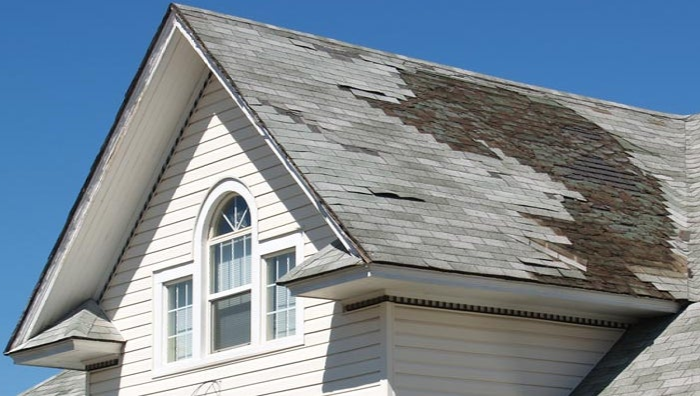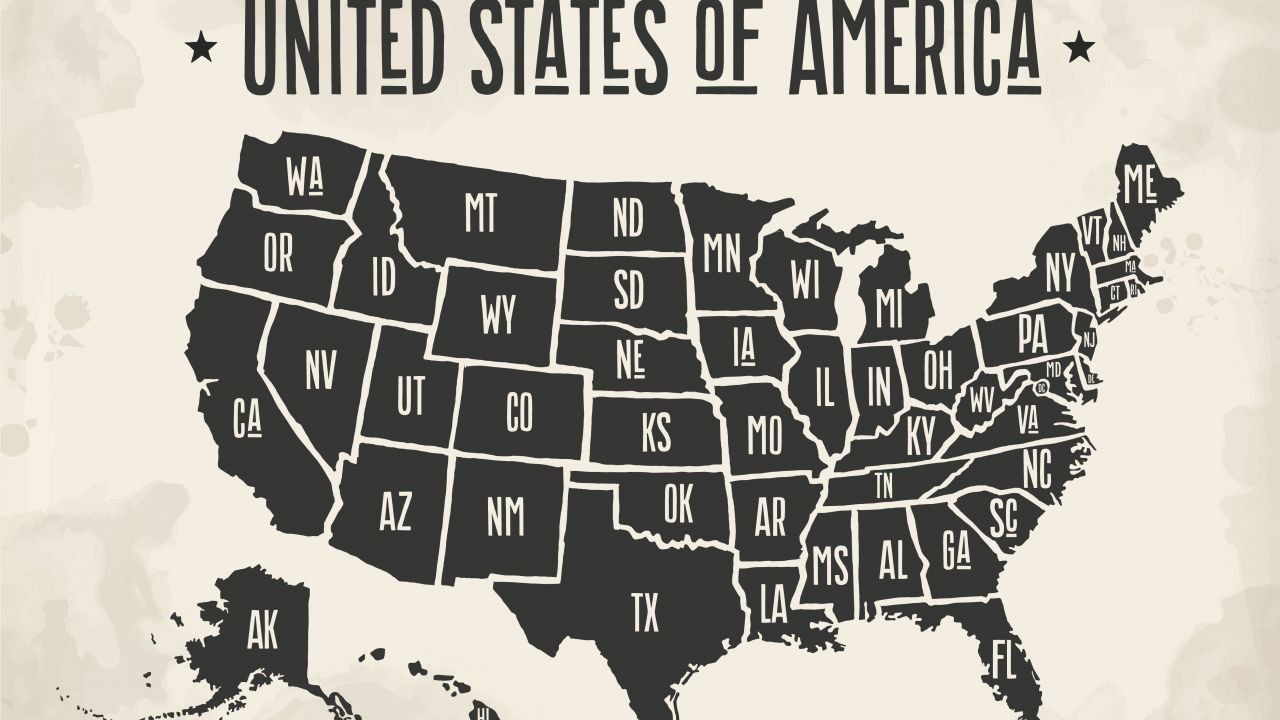When you are buying property damage insurance on a home or a commercial building, you may be given the choice of whether your policy covers the actual cash value or replacement cost value of your property. Unfortunately, failure to fully understand these terms often leaves owners with far less than they are needing to repair damage after a loss. So what is the difference?
Actual Cash Value (ACV):
Actual cash value (ACV) is the use (or also considered the life left) of a property or product after a reduction for depreciation. Typically, ACV policies have lower premiums than their contemporary RCV policies. This is for good reason as they provide less in compensation when a claim is made. Actual cash value means that is coverage is for the amount that a lost or damaged item was actually worth, a result of subtracting any depreciation the item has sustained prior to loss from the cost of replacement.
Replacement Cost Value (RVC):
Replacement cost value (RCV) is a property or product with no use or diminished life span.
RCV coverage provides a policyholder the full amount necessary to replace covered damaged items with “like” kind or quality. RCV claims are usually some of the highest-paying claims and so with that they often have higher premiums on their policies.
Depreciation:
Depreciation is the reduction of the value of a product based on factors including use, age, and type of product. Depreciation value is often determined by the Property Loss Research Bureau which is a third party organization that performs all research related to insurance claims and loss. Typically, insurance companies follow their standards. As things get older they generally lose value over time. Insurers calculate depreciation using the age of the lost item and the amount of wear and tear it had suffered while in your possession. If your roof was ten years old and in poor condition, your insurer will likely not pay anywhere near the amount it will take to replace the entire roof if your roof is covered with ACV.
Practical Example:
A shingle roof with a prescribed 30-year life span would be depreciated by 50 percent after 15 years. This means that if the replacement cost value of that shingle roof while new was $300 per square when faced with the depreciation of 50 percent, would have a depreciated value (ACV) of $150.
If you want an easier time replacing lost or damaged items or rebuilding your home, replacement cost coverage is the clear winner. Though this type of coverage usually costs a little more, in the event of a claim, this type of coverage offers you the means to replace your property with new items instead of looking for bargains or secondhand stuff. Whether you want a replacement cost policy or an actual cash value policy is your choice, it is important to understand the difference between the two policy types. With the knowledge of what each policy is designed to cover, you are ready to make a well-informed decision when you buy your personalized insurance.
Speak to your Account Executive at Waldorff Insurance and Bonding today on the best options for your individual needs.










